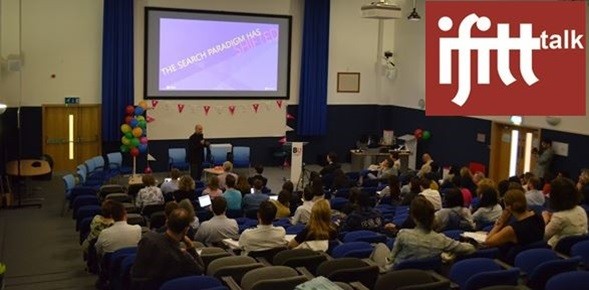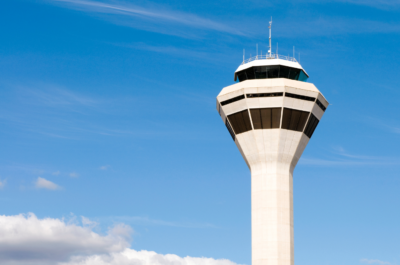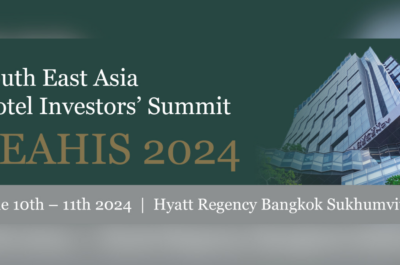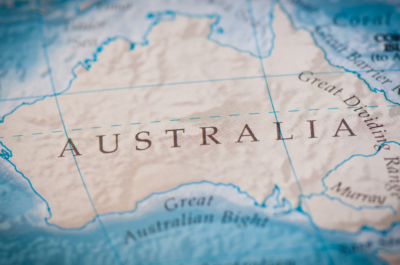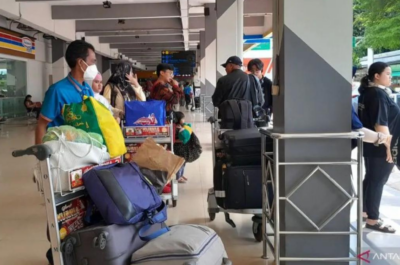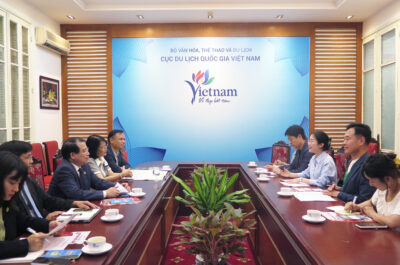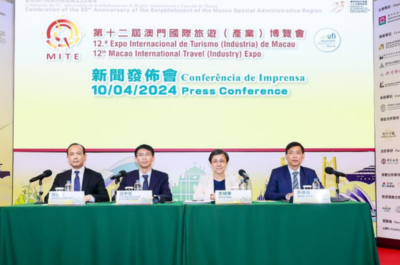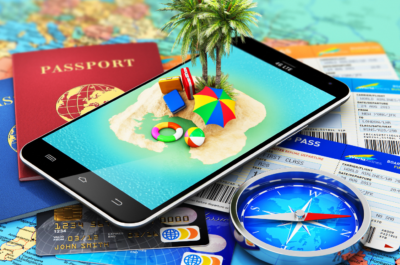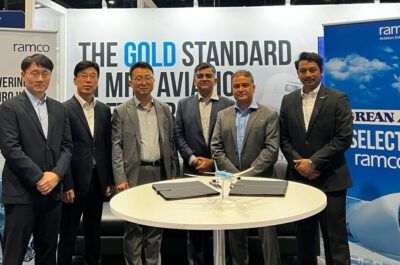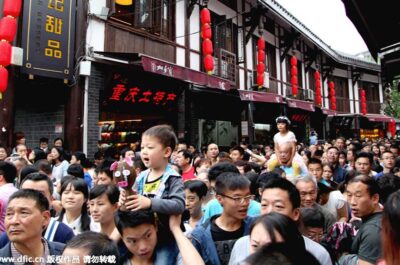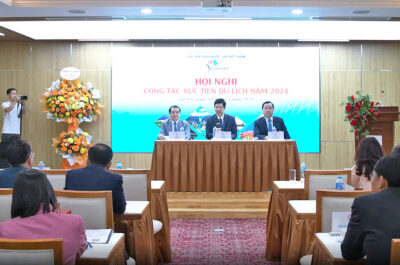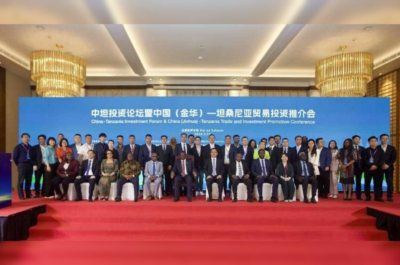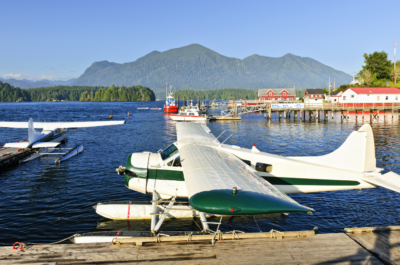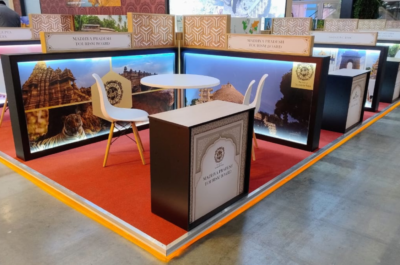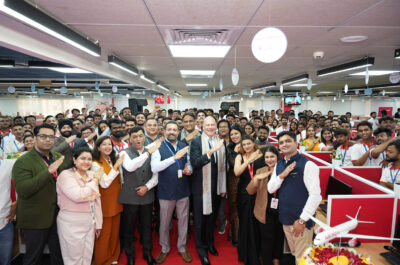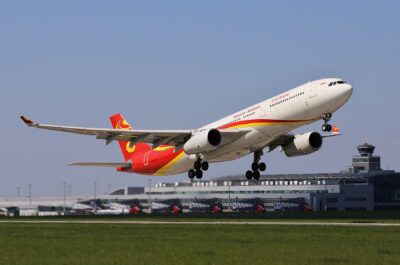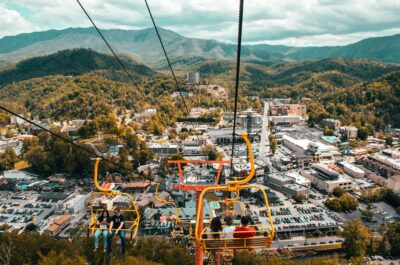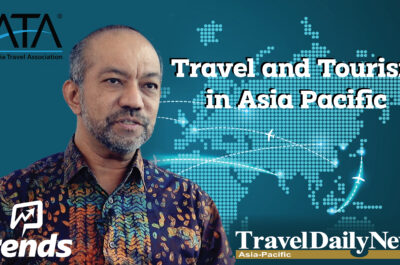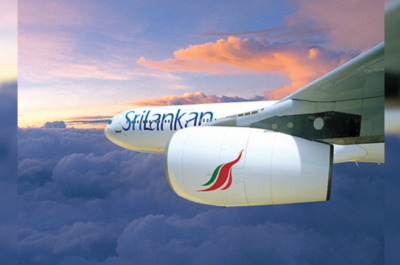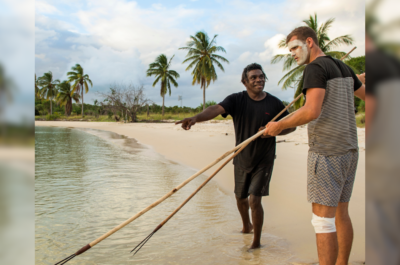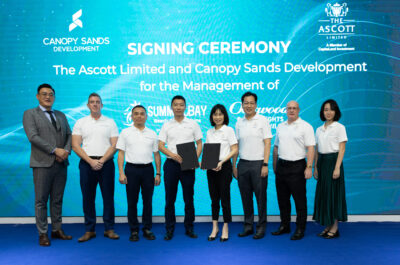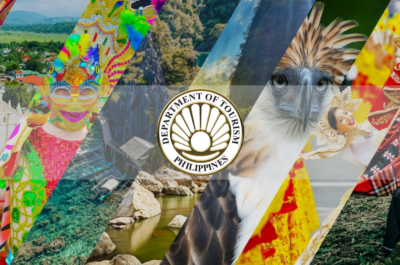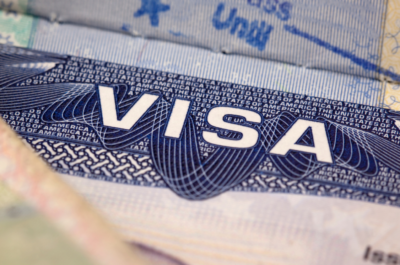The sharing economy and technological advances are transforming the global tourism industry by causing disrupting changes in the industry, competition, policy making, institutions, the tourism demand and the social fabric of the society. The workshop was designed to provide participants with the latest research findings and insights about the impacts of the sharing economy and the latest technology trends in the tourism industry.
More than 60 academics and industry professionals attended the IFITTTalk Workshop on “The Sharing Economy and Technology Advance in Tourism” which took place on the 9th of November 2016 at the University of South Australia, Adelaide.
The sharing economy and technological advances are transforming the global tourism industry by causing disrupting changes in the industry, competition, policy making, institutions, the tourism demand and the social fabric of the society. The workshop was designed to provide participants with the latest research findings and insights about the impacts of the sharing economy and the latest technology trends in the tourism industry.
The workshop featured:
– 7 presentations from international academics and industry professionals, all experts in their field, and
– a discussion panel with leading representatives from the tourism industry.
The proceedings of the workshop started with four presentations providing insight into the scope and the scale of the sharing economy in tourism and hospitality. Dr Jenny Kennedy (Research Fellow, University of Melbourne) started by defining the sharing economy and explaining its diversity in terms of the forms of exchanges that it enables amongst the ‘trading partners’, e.g. gifting, exchanging, swapping, renting, trading. Prof Marianna Sigala, (Director of Centre for Tourism and Leisure Management, University of South Australia) gave an overview of the scope and the scale of the sharing economy in the various sectors of the tourism industry (i.e. accommodation, catering, transportation, intermediation, tour operations), and she explained how the sharing economy is fueling a plethora of new micro-entrepreneurs representing start-up companies providing a plethora of services that support economic actors to more efficiently and professionally trade goods/services through the sharing economy. For example, numerous start-up companies provide services like cleaning, security, online booking systems, property management, systems, pricing software to Airbnb hosts that wish to rent their accommodation spaces on Airbnb. Prof Sigala highlighted that a holistic measurement of the economic impacts of the sharing economy needs to consider this multipliers effects of the sub-economies being developed around the Airbnb sharing ecosystem. Matthew Burke (Business Development Manager Pacific – STR) shared global findings showing that the Airbnb has not affected the occupancy and average room rate of major hotel chains in five cities. Findings like this support the argument that the sharing economy is not always in direct competition with the traditional accommodation sector, and on the contrary, it can generate and attract new tourism demand at the destination by democratizing traveling and saving money for visitors that can later one spend at the destination. Sara Dolnicar (Professor, University of Queensland, Australia) also provided data based on Airbnb studies showing that: the new breed of ‘hoteliers’ enabled by Airbnb are motivated to share their accommodation space for social (human interactions and networking) but also financial reasons; and that the new generation of Airbnb travelers need to ‘sell themselves in order to build trust and ensure that they are ‘allowed’ to sleep in someone’s bed. These findings also emphasise that Airbnb creates a new form of tourism market that runs in parallel and not in competition with the traditional accomodation sector.
The discussion panel featured 9 members bringing together academia and industry representatives to discuss the evolution of the sharing economy and the ways that the tourism industry needs to respond to it. The discussion panel was the greatest ever in terms of the industry representation that it had. Members represented all tourism stakeholders being affected by the sharing economy namely destinations, policy makers, tourism associations, tourism suppliers, transportation representatives, entrepreneurs in the sharing economy. The panel was chaired by Professor Marianna Sigala and included the following members:
Shaun de Bruyn, General Manager, South Australian Tourism Industry Council
Matthew Burke, Business Development Manager Pacific – STR
Sara Dolcinar, Professor, University of Queensland, Australia
Brent Hill, Director of Marketing, South Australia Tourism Commission (SATC)
Dr Jenny Kennedy, Research Fellow, University of Melbourne
Theo Maras, Chairman, MARAS Group (Real Estate Developer)
Bill Nehmy, Adelaide Hills Tourism (Destination representative)
Jim Triantafyllou, General Manager of AIT & President of the Taxi Council of South Australia
Justin Wastnage, Co-founder, Ciné Souk (a sharing economy platform of tourists’ generated videos)
The participants have challenged the panelists and fueled the panel discussions by addressing interesting questions to all the discussion panel members. Shaun de Bruyn and Jim Triantafyllou welcomed the increasing and new competition generated through the sharing economy as it does create new tourism demand, while it can force tourism operators to increase service standards. However, as mentioned by Jim Triantafyllou and enforced by all panel members, policy makers need to take immediate action in order to enable fair competition and transparent rules amongst all players and firms operating within the tourism industry. It is not fair that only the traditional taxi drivers have to pay the heavy taxes and expensive driving licenses, as it does not make competition fair. Theo Maras added that a more flexible legislation and reduction of the red tape is required so that the new economy can enable and support economic agents to innovate and develop entrepreneurial activities easier and faster. “Adelaide cannot ignore changes taking place international, and immediate action is needed to become a global player” added Theo Maras. Bill Nehmy and Brent Hill echoed others’ views and highlighted the need for collaborative action within the tourism industry, destinations and new economic agents in order to address change.
The afternoon sessions featured an interactive workshop about the Massive Open Online Courses (MOOCs) led by Jamie Murphy (Professor, The Australian School of Management) and Pierre Benckendorff (Associate Professor, University of Queensland). Jamie and Pierre provided numerous examples of tourism specific MOOCs that professionals can use for training and professional development and explained how peer-to-peer platform can help tourism firms to update and upgrade the skills and knowledge of their staff in a flexible, efficient and interactive way.
The workshop finished with a session focusing on the technological advances in tourism. Dr Kelvin Ross, (Chief Technology Officer, DreamZ AI) presented numerous examples showing how artificial intelligence can enable tourism firms to provide a more personalised and anthropomorphic tourism experience. Finally Professor Marianna Sigala (University of South Australia) explained how current developments in big data enable the tourism intermediaries to develop innovative business models and drive and form rather than simply serve existing tourism markets.
The organiser of the IFITTTalk Workshop, Professor Marianna Sigala (University of South Australia) commented: “It was our honour to gather and have with us so many distinguished industry representatives to share and discuss with us their perspectives and knowledge about the sharing economy. The sharing economy is here to stay and a co-ordinated, orchestrated and collaborative approach amongst all tourism stakeholders, new and traditional, is required in order to take the next steps, innovate and address any emerging challenges.”
The workshop was supported and co-organised by:
- The International Federation for Information Technology and Travel & Tourism (IFITT)
- School of Management, UniSA Business School, University of South Australia
- Centre for Tourism and Leisure Management, School of Management, UniSA Business School, University of South Australia
Theodore is the Co-Founder and Managing Editor of TravelDailyNews Media Network; his responsibilities include business development and planning for TravelDailyNews long-term opportunities.













